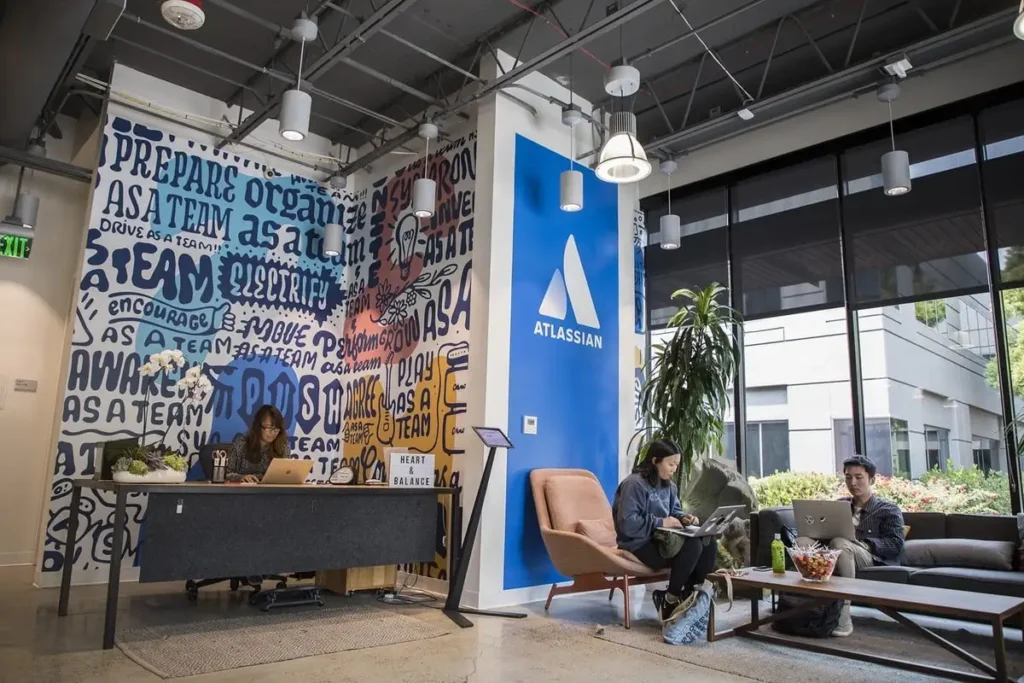Why Employer Branding is Important
Why employer branding is important in today’s talent market is a question more CEOs and HR leaders are beginning to take seriously. In a market defined by talent shortages, changing employee expectations, and fierce competition, how your business is perceived as an employer can make or break your ability to attract and retain the right people.
And the kicker? It has a measurable impact on your bottom line.
What Is Employer Branding?
Employer branding refers to your company’s reputation as an employer; how job seekers, current employees, and even the broader industry perceive what it’s like to work for you. It encompasses everything from your workplace culture and values, to your leadership team’s visibility, to how you treat employees during recruitment and after they’re hired.
Unlike corporate branding, which focuses on customer perception, employer branding is all about positioning your company as a great place to work. It helps answer one crucial question every candidate has: “Why should I choose to work for you over your competitors?”

Case Study: Atlassian
Atlassian, the Australian software company behind tools like Jira and Confluence, is a standout example of effective employer branding. By openly sharing their values, showcasing their remote work culture, and investing in content that highlights employee stories, Atlassian has consistently attracted top-tier talent. During a time when many tech companies struggled with high turnover, Atlassian stood out by fostering transparency and trust. Their Glassdoor ratings reflect it, and so does their employee retention.
Their Glassdoor rating is consistently strong, with an overall rating of 4.4 out of 5 as of 2024, and 89% of employees say they would recommend the company to a friend. Employee retention is above industry average, attributed to clear communication of values and support for flexible working.
Atlassian shares its values through an open company blog, transparent internal policies, and a dedicated section on its website outlining their company values like ‘Open company, no bullshit’ and ‘Be the change you seek.’ The company showcases culture through employee spotlights, behind-the-scenes content on LinkedIn and YouTube, and initiatives such as ‘Team Anywhere,’ which supports their remote-first work model.
These efforts combine to create a cohesive and attractive brand that resonates with both current and prospective talent.
The Link Between Employer Branding and Business Performance
Strong employer branding doesn’t just make recruiting easier. It improves business outcomes. Companies with positive employer brands receive twice as many applicants per job and can reduce cost-per-hire by as much as 50%. High-quality candidates are more likely to accept offers, stay longer, and refer others. When you consider the high cost of turnover, both financial and cultural, the ROI of investing in your employer brand becomes clear.
Retention Starts With the First Impression
Candidates don’t just judge your employer brand during interviews. They experience it in your job ads, your careers page, your onboarding process, and how you handle rejections. A strong employer brand sets expectations early, aligns candidates with your culture, and ultimately leads to higher engagement and lower attrition. It’s your first opportunity to start building loyalty.
External Recruiters Are Only as Good as the Brand They Represent
If you’re investing in external recruiters to source great talent, they need a compelling brand to work with. No matter how skilled your recruiter is, if your company has a poor reputation or unclear values, their job becomes harder. A recruiter with a well-aligned, attractive brand behind them can represent you with confidence, accelerate the hiring process, and secure stronger matches.
How to Build a Strong Employer Brand
- Start from Within: Your employer brand is only authentic if it reflects what your team actually experiences. Conduct internal surveys, hold listening sessions, and understand what makes your company a great place to work… or where it needs improvement.
- Define Your EVP (Employee Value Proposition): Your EVP is the unique set of benefits and values you offer employees. What do you stand for? Why should someone choose to work here? Align your EVP with your business goals and make sure it’s consistently communicated.
- Empower Your Employees as Brand Ambassadors: Encourage team members to share their work experiences on LinkedIn, be part of case studies or videos, and contribute to your employer story. People trust people. Real voices resonate.
- Optimise Your Candidate Journey: From job descriptions to interviews to onboarding, every touchpoint matters. Make the process seamless, respectful, and human. Follow up with feedback, even when the answer is no.
- Measure, Refine, Repeat: Use platforms like Glassdoor, SEEK, and LinkedIn to monitor what people are saying about you. Track metrics like application rates, offer acceptance rates, and time-to-hire. Use the data to improve.
The Strategic Role of Leadership in Employer Branding
CEOs and Heads of HR have a pivotal role to play. Employer branding is not just a marketing initiative. It requires C-suite commitment. When leaders show up authentically, share their company values publicly, and communicate openly during change or crisis, they strengthen the employer brand. Your leadership is part of the brand—own it.

Attracting the Right Candidates for Long-Term Growth
Strong employer branding doesn’t just increase the quantity of candidates. It improves the quality. You’ll attract people who are aligned with your mission and values, who are more likely to succeed and stay. That’s what drives growth. That’s what builds legacy. And that’s what makes you a talent magnet in a competitive market.
Perception drives performance
Why employer branding is important in today’s talent market comes down to one truth: perception drives performance. It influences who applies, who accepts, who stays, and who advocates for you. In a talent-short market, where skills are scarce and competition is fierce, your reputation as an employer could be the single most strategic asset you own.
The best recruiters in the world can only take you so far if your brand doesn’t back them up. But when you align a strong employer brand with a smart recruitment strategy, you build teams that are not only capable, they’re committed.
If you’re looking to build or refine your employer brand as part of your hiring strategy, let’s talk.
Connect with Talent Solution Partners on LinkedIn or read more from the TSP Blog







